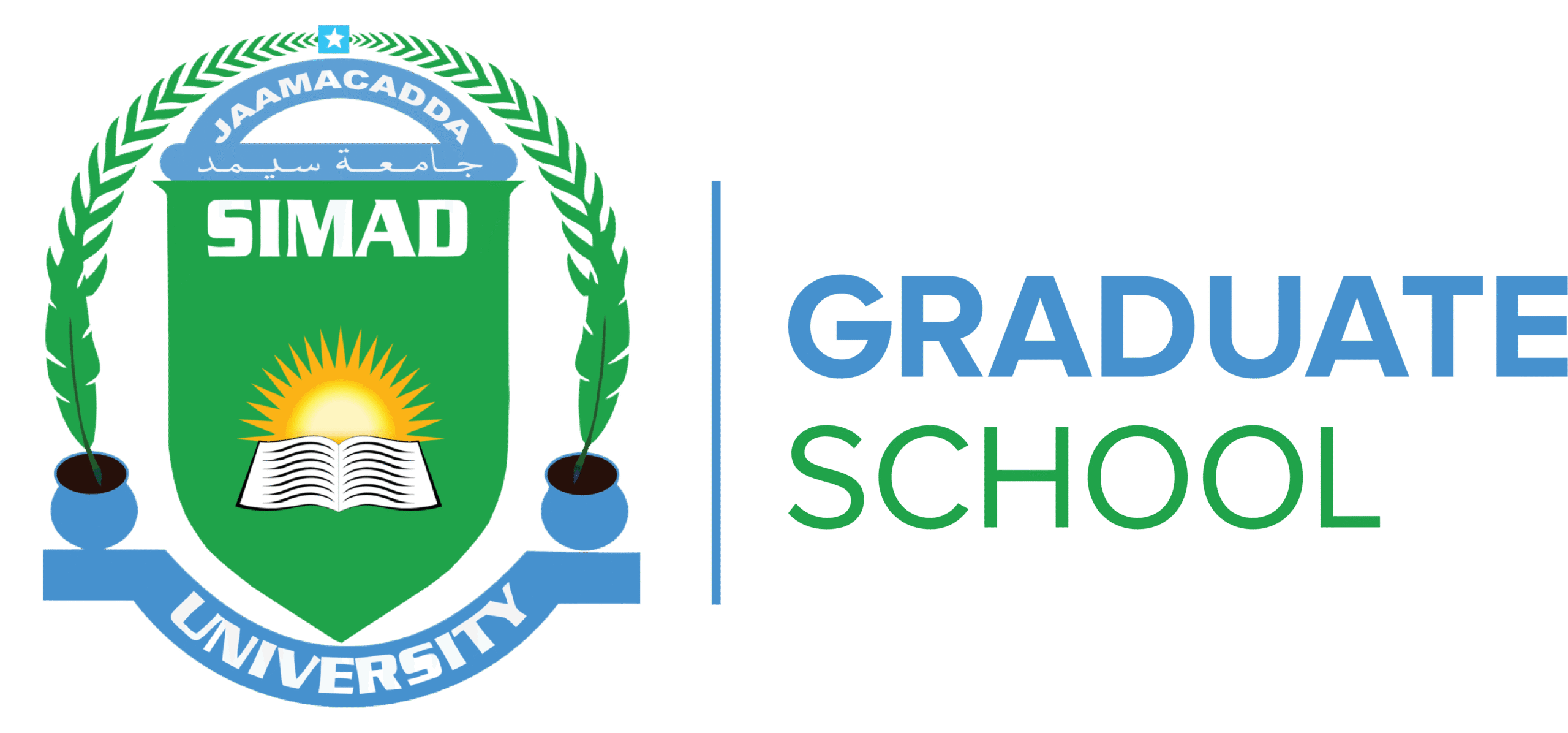Home
Programs
Master of Arts in Public Policy
Master of Arts in Public Policy
The Master of Arts in Public Policy (MAPP) is designed to prepare the next generation of policymakers, analysts, and leaders capable of addressing complex governance and development challenges in Somalia and beyond.

Introduction
The Master of Arts in Public Policy (MAPP) is designed to prepare the next generation of policymakers, analysts, and leaders capable of addressing complex governance and development challenges in Somalia and beyond. Somalia’s post-conflict reconstruction, institution-building, and state transformation require highly trained professionals who can design, implement, and evaluate policies that foster peace, stability, and sustainable development.
This program combines global public policy theories and practices with a strong emphasis on Somalia’s governance, political economy, and state-building context. It equips graduates with the analytical tools, leadership skills, and practical experience necessary to craft evidence-based policies that respond to both national priorities and international development agendas, including the Sustainable Development Goals (SDGs) and Africa’s Agenda 2063.
Specific Objectives
The program seeks to:
- Provide students with a strong foundation in public policy theory, practice, and research.
- Enhance analytical and critical thinking skills for evidence-based policymaking.
- Develop competencies in governance, political economy, public finance, and regulatory frameworks relevant to fragile and developing states.
- Strengthen capacity in policy communication, advocacy, and digital governance.
- Foster integrity, accountability, and ethical decision-making in public service.
- Equip graduates with research and evaluation skills applicable to Somali and international policy contexts.
Expected Learning Outcomes
By the end of the program, graduates will be able to:
- Apply political economy and institutional analysis to policy design and implementation.
- Conduct rigorous policy analysis and program evaluation using qualitative and quantitative methods.
- Demonstrate proficiency in public financial management and budgeting within fragile states.
- Design policies that integrate principles of good governance, equity, and sustainability.
- Utilize digital governance tools and data systems for improved service delivery.
- Engage effectively in policy communication, advocacy, and negotiation.
- Conduct independent research culminating in a dissertation addressing critical policy issues in Somalia or the region.
Human Resources and Facilities
The program is delivered by experienced faculty with advanced degrees in public policy, economics, governance, and law, many of whom combine academic expertise with practical experience in Somalia’s governance sector and international organizations. Students will have access to:
- A modern library with digital databases and policy resources.
- Computer laboratories equipped with data analysis software (SPSS, Stata, R).
- Policy research centers and networks affiliated with SIMAD University.
- Online learning platforms to support blended and flexible learning.
Exam Regulations
Assessment Methods: Combination of coursework, presentations, case studies, written examinations, and research projects.
Grading Policy: The university’s graduate grading scale applies, with a pass mark of 50%.
Progression Rules: Students must pass all core modules and at least two electives before progressing to the dissertation stage.
Dissertation: Assessed through written submission (20,000–25,000 words) and oral defense.
Award of the Degree
The Master of Arts in Public Policy (MAPP) degree shall be awarded to students who:
- Successfully complete all required core and elective modules.
- Achieve the minimum pass mark in all assessments.
- Submit and defend a dissertation that demonstrates the ability to conduct independent research and apply policy analysis tools to a relevant problem.
The Master of Arts in Public Policy (MAPP) is designed to prepare the next generation of policymakers, analysts, and leaders capable of addressing complex governance and development challenges in Somalia and beyond. Somalia’s post-conflict reconstruction, institution-building, and state transformation require highly trained professionals who can design, implement, and evaluate policies that foster peace, stability, and sustainable development.
This program combines global public policy theories and practices with a strong emphasis on Somalia’s governance, political economy, and state-building context. It equips graduates with the analytical tools, leadership skills, and practical experience necessary to craft evidence-based policies that respond to both national priorities and international development agendas, including the Sustainable Development Goals (SDGs) and Africa’s Agenda 2063.
Core Courses
Code | Course | Credit Unit |
MPP7101 | Foundations of Public Policy & Somali State-Building | 3 |
MPP7102 | Political Economy & Institutions in Fragile States | 3 |
MPP7103 | Public Management & Organisation Theory | 3 |
MPP7201 | Research Methods | 3 |
MPP7202 | Policy Formulation, Design & Implementation | 3 |
MPP7203 | Public Financial Management & Budgeting in Fragile States | 3 |
MPP8101 | Administrative & Regulatory Law in the Somali Federation | 3 |
MPP8102 | Policy Analysis & Program Evaluation | 3 |
MPP8103 | Digital Government, Data Governance & e-Services | 3 |
MPP8201 | Decentralisation & Local Governance in Somalia | 3 |
MPP8202 | Integrity Systems & Anti-Corruption | 3 |
MPP8203 | Education Policy & Finance | 3 |
MPP8204 | Dissertation | 6 |
Applicants must satisfy the following minimum requirements:
- Academic: A bachelor’s degree in public administration, Political Science, Economics, Law, Development Studies, or related fields from a recognized university with a minimum GPA as determined by SIMAD Graduate School regulations.
- Professional: Relevant work experience in government, NGOs, international organizations, or private sector policy-related roles is an added advantage.
- Language: Proficiency in English demonstrated through prior education, recognized proficiency tests, or equivalent qualifications.
- Semester Fees: USD 475
- Tuition Fees: USD 2,850 for two years
- The school has three intakes
- January, May, September
